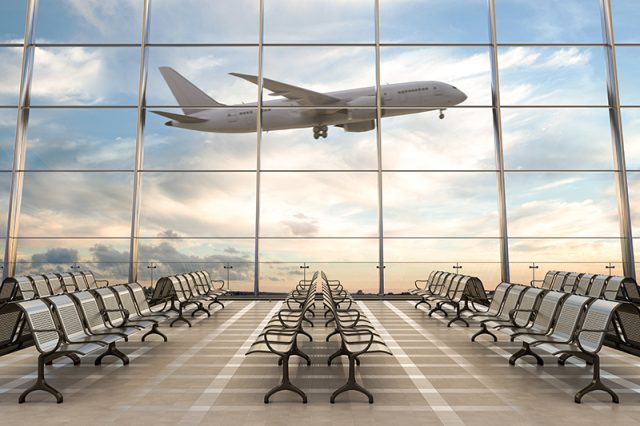
Travelling with hearing aid
Vacation is coming! Are you wondering how to care for your hearing aids while you’re travelling?
Here are some tips and good practices to set you up for travelling with hearing aid stress-free trip, whether you’re going to sunny climes, the seaside, the mountains or elsewhere.
Before leaving
Have you thought of making an appointment with your audioprosthetist to do a tune-up on your hearing aids before you leave? If they need an adjustment, this would be the time to do it!
When you start packing, remember to bring batteries or the charger for your hearing aids. We suggest keeping them in two different locations to make sure you’ll have what you need in case a problem arises.
If you’re visiting a humid tropical destination or somewhere that’s exceptionally hot, bring along a dehumidifying kit with desiccant. It probably wouldn’t be easy to find these items if you’re travelling out of the country!
Leaving Canada? Find out what kind of electrical plug the destination country uses and bring an adapter with you.
At the airport and on the plane

You can go through the security checkpoints with your hearing aids, but we advise you to remove them so the metal they contain doesn’t set off the alarm.
But do keep them on during the flight so you don’t miss any important information.
However, you can turn them off during takeoff and landing to avoid hearing the noise of the engines revving up. Note that the change of air pressure in the cabin will not damage your hearing aids.
Another good tip: Take along a cleaning kit and your batteries or charger in your carry-on luggage.
Hearing aids at the beach
To enjoy the beach atmosphere to the fullest—the sound of the waves and children playing—you can absolutely wear your hearing aids at the beach. Their housing has a waterproof coating.
You can also wear your hearing aids near the water but not if you’re going to swim. When you want to take a dip, remove your hearing aids, put them in their waterproof case and keep them in a safe place, away from sand and the risk of an accident.
Even though your hearing aids are water resistant, they won’t be able to stand up to the corrosive salt of seawater. Be careful!
What to do in extreme heat and humidity
To protect your hearing aids from the scorching summer heat:
- Regularly dry your ears with a tissue if you are perspiring heavily
- Add a wax filter to your hearing aid
- Dry your hearing aids overnight with desiccant pellets or pucks
Like a vacation on the beach, heading to the mountains may also limit your access to necessary materials. If you’re hiking and get caught in showers, you’ll need to protect your hearing aids from the rain by wearing a hood or a windbreaker jacket.
Be careful with sunscreen and bug spray
If you’re heading to the ocean, be careful how you apply sunscreen creams and oils, cosmetics in general and insect deterrents. These products often contain chemicals that can damage your hearing aids’ housing, protective covers, tubes and speaker cords.
All that’s left to do now is have a great time, knowing your hearing aids will be safe and sound!











